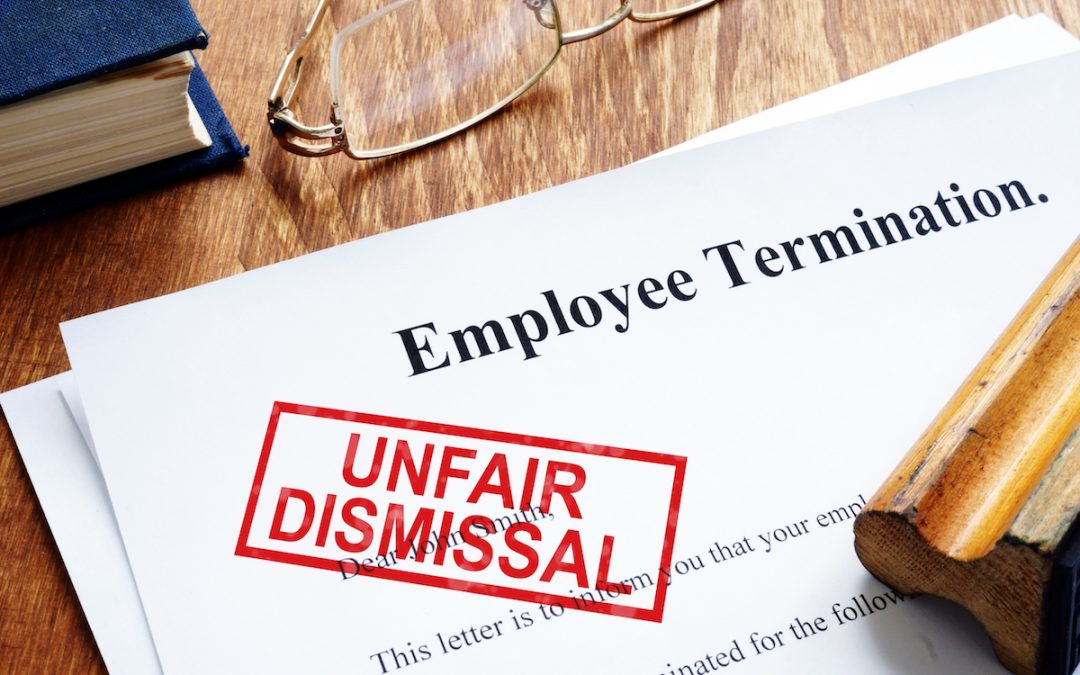The Watford Employment Tribunal recently heard an unfair dismissal case, the facts of which provide some clear guidance to employers of what not to do when dismissing an employee.
In Kleina v Polish Village Bread the claimant was employed by the respondent as transport manager. There was a dispute between the two owners of the business and the claimant was caught-up in it. He went off work sick for five months with a cardiac issue. Several of his fit notes also mentioned work-related health issues. None of this was investigated by the respondent.
When he returned to work, he was immediately called to a meeting and summarily dismissed for gross misconduct. No investigation was carried out. The respondent alleged that, some five months previously, the claimant had cancelled a contract with a customer without the consent of one of the respondent’s owners. The claimant denied this. He appealed his dismissal and the appeal took a further two months to complete.
The tribunal held that his dismissal was both substantively and procedurally unfair. No investigation had been carried out. The evidence did not show that the claimant had cancelled the contract without the consent of the owner – in fact the owner’s contact details were included on the email to the customer cancelling the contract. The incident occurred five months before the dismissal and the appeal was two months later – the respondent did not act without delay. There was also no investigation and no attempt to ascertain the facts before acting.
This is obviously a fairly extreme case where the claimant was caught in a corporate dispute between two owners of a business. However, some general lessons can be taken from it:
- If you become aware of an allegation of misconduct then it should be raised and investigated without delay. The employer in this case was criticised for waiting for four months to raise the issue.
- Any allegation of misconduct should always be fully investigated before any action is taken. This should include verifying any documentary evidence, looking at surrounding circumstances and speaking to the employee and any other witnesses.
- The employee should be provided with a copy of all evidence upon which the employer proposes to rely in good time prior to any disciplinary meeting.
Find out how we can help. Our partner, Jon Dunkley, heads the Wollens specialist Employment Department. Contact him today for an informal chat, without obligation on 01271 342268 or via email at [email protected].



